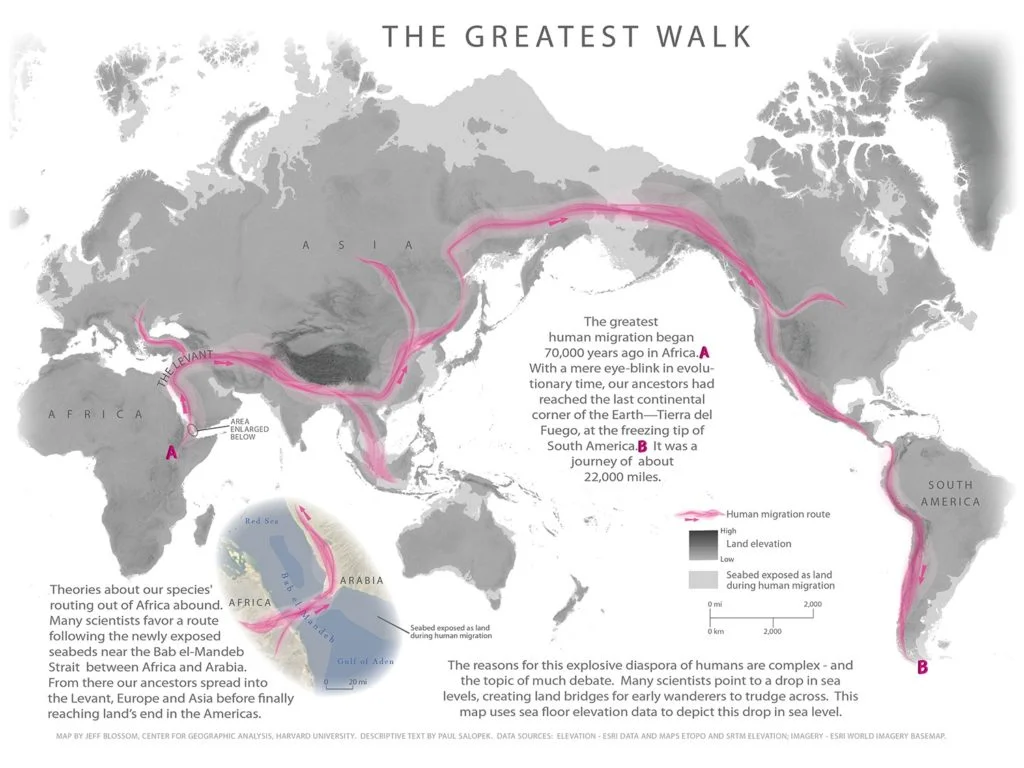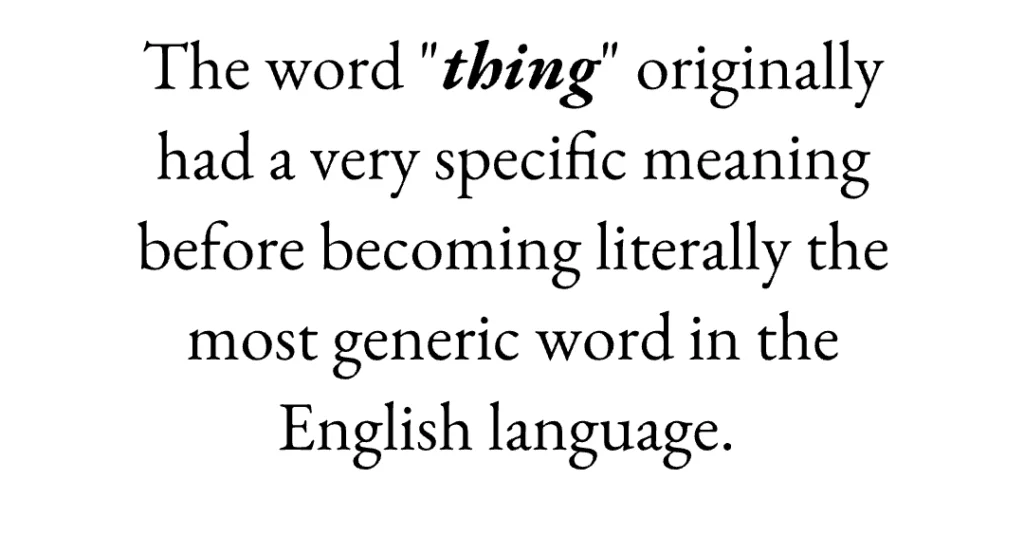Linguists, led by Chomsky, did a wonderful job in describing how language works. By thoroughly studying a
Then came along Pirahã, the language that defies all the logic of modern linguistics. Nothing that has been said about how language works
Furthermore, it has a completely different structure than any other language and so it’s so difficult to learn. It stands out as one of the strongest pieces of evidence for Linguistic Relativity. But how does this pose any problem at all for the Universal Grammar paradigm? Maybe we should hear what Daniel Everett, the scholar who first discovered and thoroughly studied this language, said about Pirahã.
Upon gaining a reasonable understanding of Pirahã and its linguistic features, Everett concluded that “universal grammar doesn’t seem to work, there doesn’t seem to be much evidence for [it]. And what can we put in its place? A complex interplay of factors, of which culture, the values human beings share, plays a major role in structuring the way that we talk and the things that we talk about.” To put it crudely, Everett is saying that there is no such thing as Universal Grammar. The language constitutes a problem to current linguistic theories of universal grammar because it allegedly lacks all evidence for recursion, an essential property of human language, including embedded clauses and quantifiers. Other peculiarities of Pirahã, according to Wikipedia, include:
“Daniel Everett, over the course of more than two dozen papers and one book about the language, has ascribed various surprising features to the language, including:
- One of the smallest phoneme inventories of any known language and a correspondingly high degree of allophonic variation, including two very rare sounds, [ɺ͡ɺ̼] and [t͡ʙ̥].
- An extremely limited clause structure, not allowing for nested recursive sentences like “Mary said that John thought that Henry was fired”.
- No abstract color words other than terms for light and dark (though this is disputed in commentaries by Paul Kay and others on Everett (2005)).
- The entire set of personal pronouns appears to have been borrowed from Nheengatu, a Tupi-based lingua franca. Although there is no documentation of a prior stage of Pirahã, the close resemblance of the Pirahã pronouns to those of Nheengatu makes this hypothesis plausible.
- Pirahã can be whistled, hummed, or encoded in music. In fact, Keren Everett believes that current research on the language misses much of its meaning by paying little attention to the language’s prosody. Consonants and vowels may be omitted altogether and the meaning conveyed solely through variations in pitch, stress, and rhythm. She says that mothers teach their children the language through constantly singing the same musical patterns.
Everett (2005) claims that the Pirahã culture has the simplest known kinship system of any human culture. A single word, baíxi (pronounced [màíʔì]), is used for both mother and father (like English “parent” although Pirahã has no gendered alternative), and they appear not to keep track of relationships any more distant than biological siblings.
According to Everett in 1986, Pirahã has words for ‘one’ (hói) and ‘two’ (hoí), distinguished only by tone. In his 2005 analysis, however, Everett claimed that Pirahã has no words for numerals at all, and that hói and hoí actually mean “small quantity” and “larger quantity”. Frank et al. (2008) describes two experiments on four Pirahã speakers that were designed to test these two hypotheses. In one, ten batteries were placed on a table one at a time and the Pirahã were asked how many were there. All four speakers answered in accordance with the hypothesis that the language has words for ‘one’ and ‘two’ in this experiment, uniformly using hói for one battery, hoí for two batteries, and a mixture of the second word and ‘many’ for more than two batteries.
The second experiment, however, started with ten batteries on the table, and batteries were subtracted one at a time. In this experiment, one speaker used hói (the word previously supposed to mean ‘one’) when there were six batteries left, and all four speakers used that word consistently when there were as many as three batteries left. Though Frank and his colleagues do not attempt to explain their subjects’ difference in behavior in these two experiments, they conclude that the two words under investigation “are much more likely to be relative or comparative terms like ‘few’ or ‘fewer’ than absolute terms like ‘one’ “.
There is no grammatical distinction between singular and plural, even in pronouns.”
This discovery opened new doors in linguistic research. The developmental psychologist Michael Tomasello, argues that “although many aspects of human linguistic competence have indeed evolved biologically, specific grammatical principles and constructions have not. And universals in the grammatical structure of different languages have come from more general processes and constraints of human cognition, communication, and vocal-auditory processing, operating during the conventionalization and transmission of the particular grammatical constructions of particular linguistic communities.”
Other linguists, however, argue that some of the properties of Pirahã have been misanalyzed and that others are actually expected under current theories of universal grammar. One
The Pirahã discovery received
To get a complete idea about Pirahã and how it rebuts Chomsky’s Universal Grammar, you may want to read Everett’s own book about it. It’s a complete volume titled Language: The Cultural Tool. If you want to read the book, find it [here].







